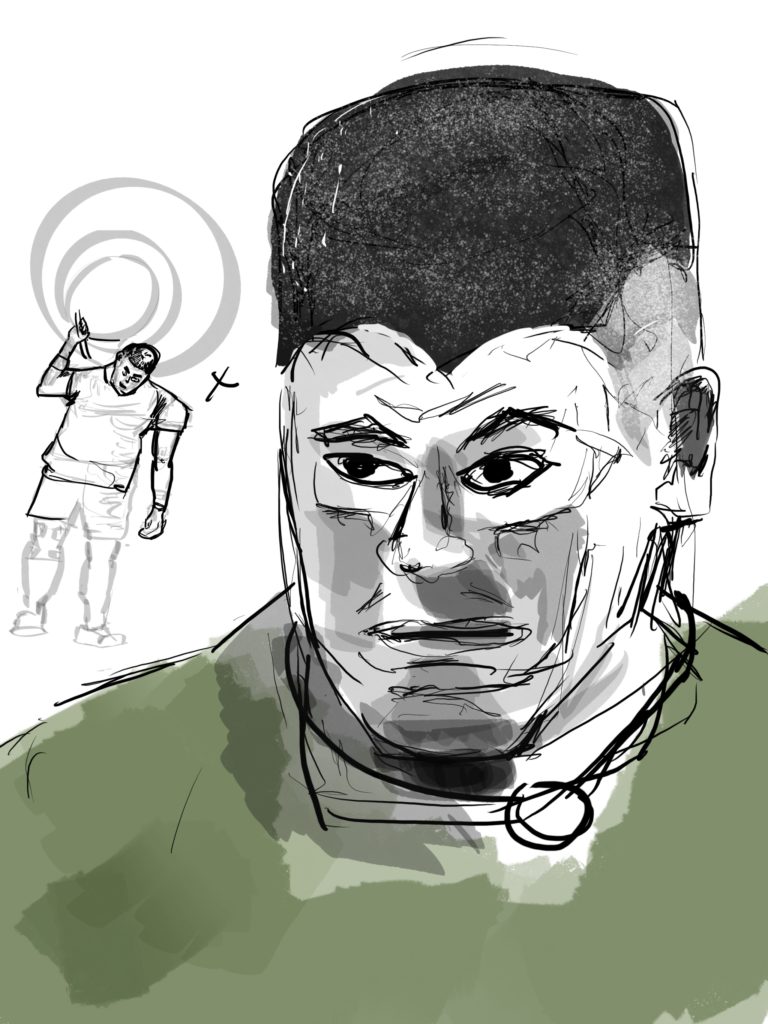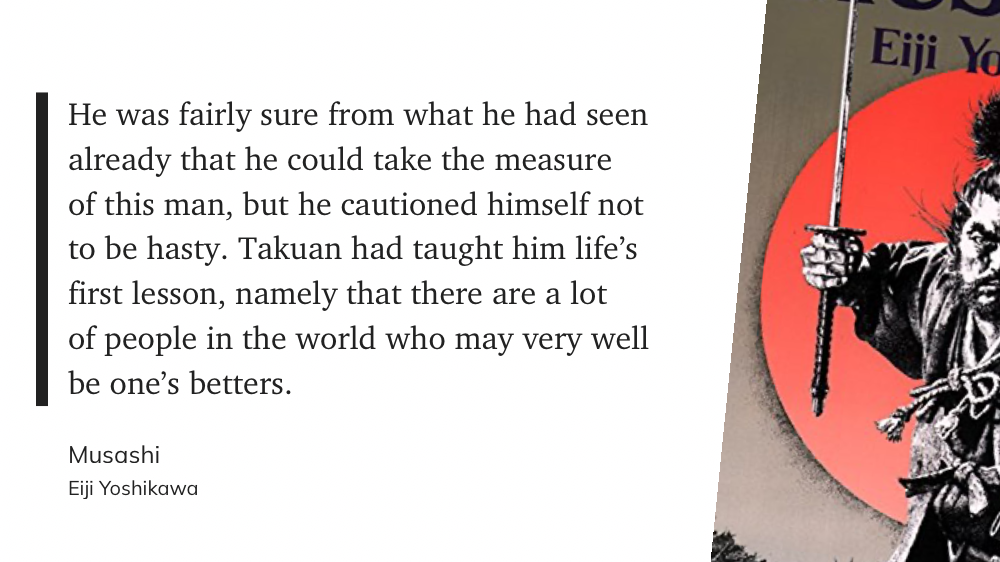From “Can You Go” by Dan John:
That’s why group training has such a big impact on long-term success: People do things they might not do otherwise, even with the best intentions. And we humans have this odd ability to handle more suffering if we do it as a group.
We finished watching “Physical: 100” a couple days ago so it’s still top of mind for things when I’m trying to connect some creativity lesson to some other thing.
(Similar to generative art making some people question whether they should be learning certain skills if they can just achieve an end result with a text prompt… I’m definitely questioning some time spent practicing making connections between things when a text prompt makes it possible to make a dozen of those connections in a couple seconds. But that’s for another post.)
I’ll add some better version of this post to my post about it eventually, but I wanted to capture this thought. Most of the competitors wouldn’t have lasted as long in any individual challenge if they didn’t have other people around to suffer with.
It’s not the same as distributing the suffering: Sam asks Frodo to share the load. That kind of suffering is finite and can be rationed out.
In this group suffering, the suffering is infinite. The larger the group the more total suffering there is. And with more people, each person can handle more.
The other people in the group don’t even have to be teammates.
In one challenge, the competitors have to hold a fake (but heavy) boulder above their heads for as long as possible. Muscular endurance and all that.
(I’ve thought of simulating this by loading a 135-pound barbell and just standing as long as possible. Then I remember that that’s a dumb idea.)
The last two go for over two hours standing right next to each other. They push each other. They definitely wouldn’t go that long if they were in separate rooms with no idea how long the other person was going.
So sometimes I do question my effort when working out in my home gym. I know I’d push more in a group class. But I’ll work out in the home gym far more frequently.
Is the tradeoff worth it?
We’ll see, I guess.
AND HERE’S HOW IT RELATES TO CREATIVITY…
Just kidding. Sort of.
Okay actually a relation to creativity did come to mind.
I recorded an episode of the podcast with Wally today. (About “Physical: 100”.) It was way way more fun to record that than to record it on my own. It’s probably more fun to listen to as well.
David Senra (of the “Founders” podcast) has a question worth asking yourself when you’re trying to figure out what you want to work on.
- Can you do this for the next 10 years?
That’s a great question. I have a hunch I could do the podcast alone for the next 10 years.
But I’m sure I’d enjoy it more doing it with Wally.
Good to be back.

